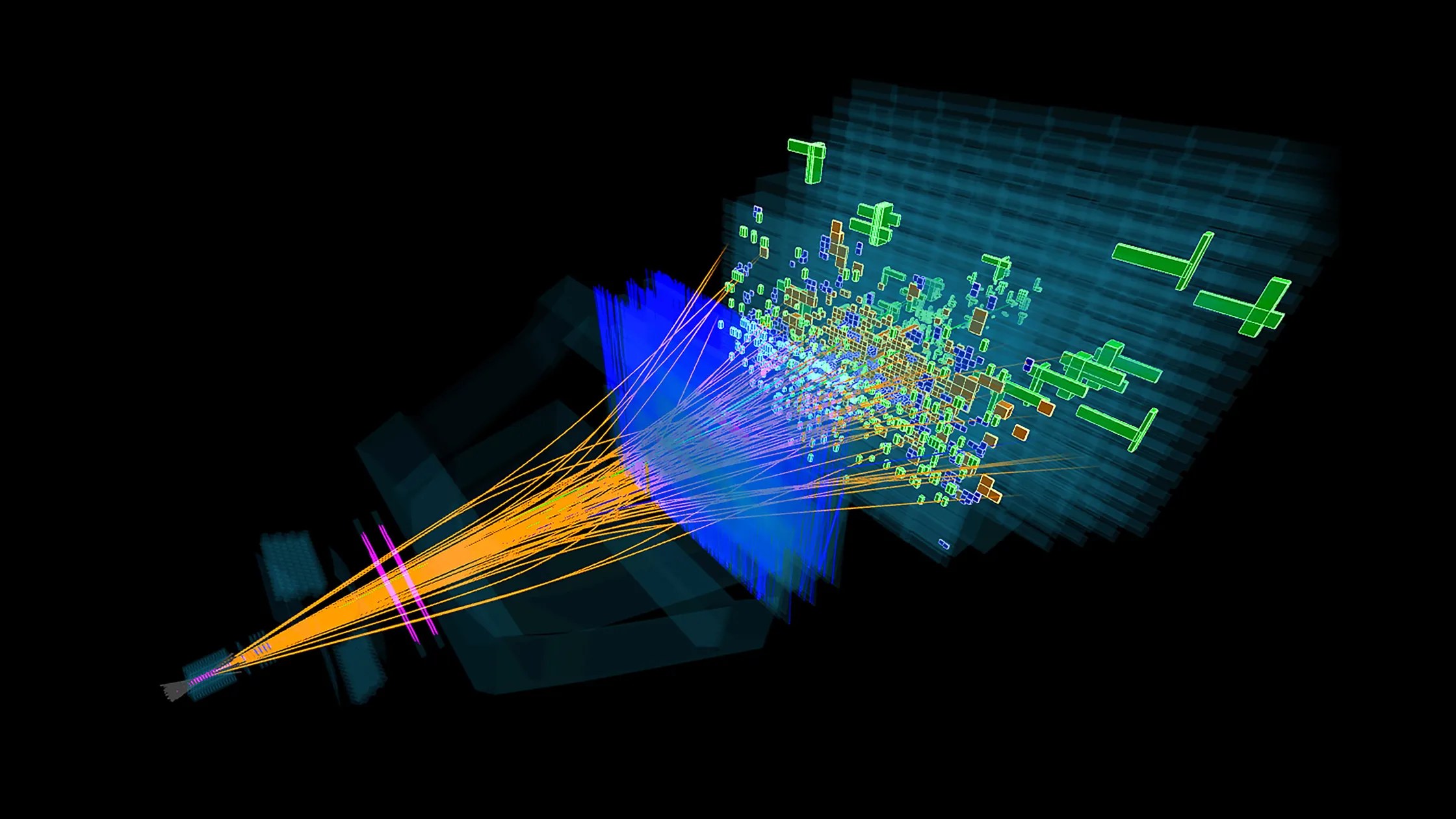Danny Strong discusses his screenwriting idols, why he stopped writing comedy and the reason screenwriting remains relevant.
Question: Has technology in filmmaking changed the screenwriting process?
Danny Strong: Yeah. Well, you know, I think that they always talk about technology, new ways to shoot, cheaper film stock, HD as opposed to film, and the internet. At the end of the day, the script has to be good. That’s all that’s going to matter, and if a script’s not good it doesn’t matter how you shoot it. What kind of budget you have, it’s just not going to matter. A good story is a good story, and it’s been that way since the beginning of time, and I personally don’t think that’ll ever change.
Question: Is comedy more difficult to write than drama?
Danny Strong: I think most people find comedy more difficult, actors, writers, directors, it’s just harder. And you see some of the greatest comic talents of all time make movies that fail, you know. Woody Allen, some of his movies don’t work, and he’s one of the greatest of all time. Recently Jim Carrey, some of those films don’t work, Steve Martin. So there’s an intangible quality. But to drama, too, to all of this, it’s so hard. I mean, how many movies a year come out that people actually like? How many movies come out a year that disappoint people? Some of them are cynical, but I think everyone is trying to do the best work they can on these projects. Well, not everyone, but most. And especially now, I think the days of the ‘80s and the ‘70s of everyone getting drugged out of their minds and just doing whatever the hell they want, it’s too much of a corporate business now. I don’t hear those kinds of stories at all anymore. So it’s just complicated. It’s hard. And it’s really, really difficult to make work, and the best in the world fail at it all the time.
Question: Which screenwriters do you admire?
Danny Strong: Oh, Billy Wilder, I would say is my biggest screenwriting hero. Who else? William Goldman is one of the greats. You know, for me it’s less about. It’s hard, because most screenwriters don’t have identities. I mean, Charley Kaufman is a very unusual entity right now, because you go see a film and it’s a Charley Kaufman film. It’s mostly directors. Like right now I love Alfonso Cuaron. I love Jonathan Glazer. Who else? There are some amazing filmmakers making movies right now. I mean, people are very cynical all the time, but there’s always, you know, Ang Lee. There’s always a handful of films in every year of just some, Wes Anderson, of just tremendous. Oh, and Alexander Payne. That’s one of my heroes right now. Yeah, yeah. I’d say Alexander Payne and Billy Wilder are the two guys that I think I most would like to become.
Question: Are writers in Hollywood marginalized?
Danny Strong: I kind of just don’t get caught up in stuff like that. I just try and stick to how it is and what I can do, and how it is, you know. I know that screenwriters are treated like Kleenex. They come and go. They’re tossed aside. And all I can do is when it’s my bat, to do the best job I can. And whatever happens after I turn it in, I go into it knowing that there’s not a chance that it’ll get screwed up. There’s only a slight chance that it won’t get screwed up. That’s what happens every single time. I mean, that’s what Hollywood’s famous for. So there’s nothing I can do about that. And Mamet is, he’s one of my heroes, too. I put him the Billy Wilder, Alexander Payne, hero category. And he’s been around a long time. I mean, he gets films made as a writer-director. People make his movies. I mean, it’s not as if he has a bad career.
Recorded on: 06/27/2008





